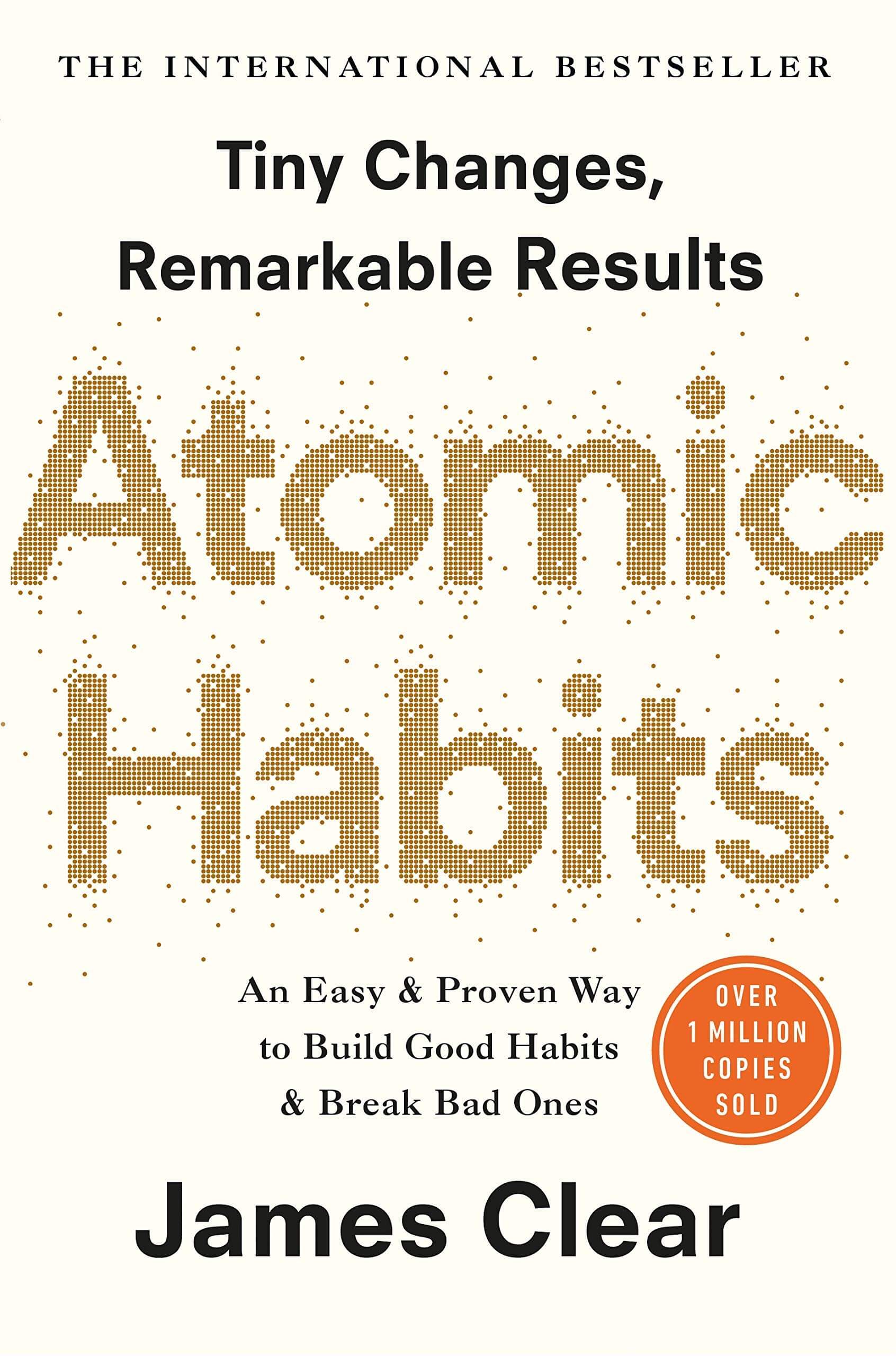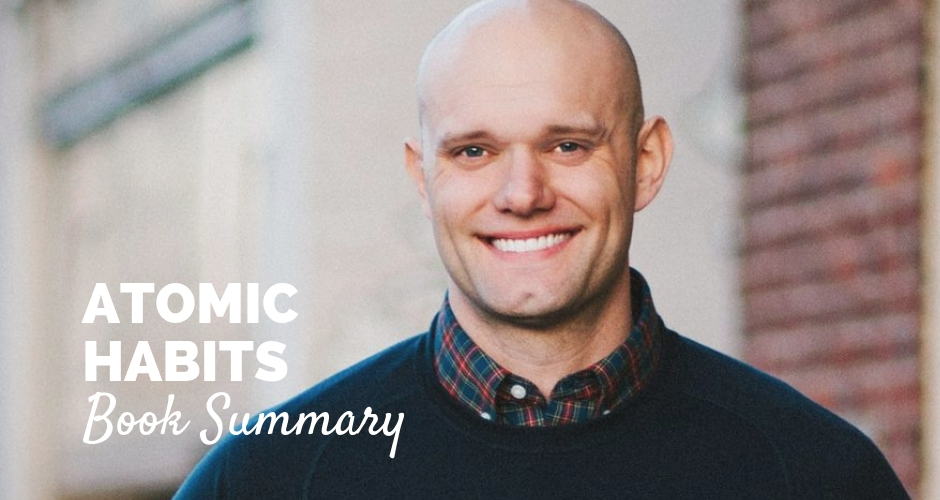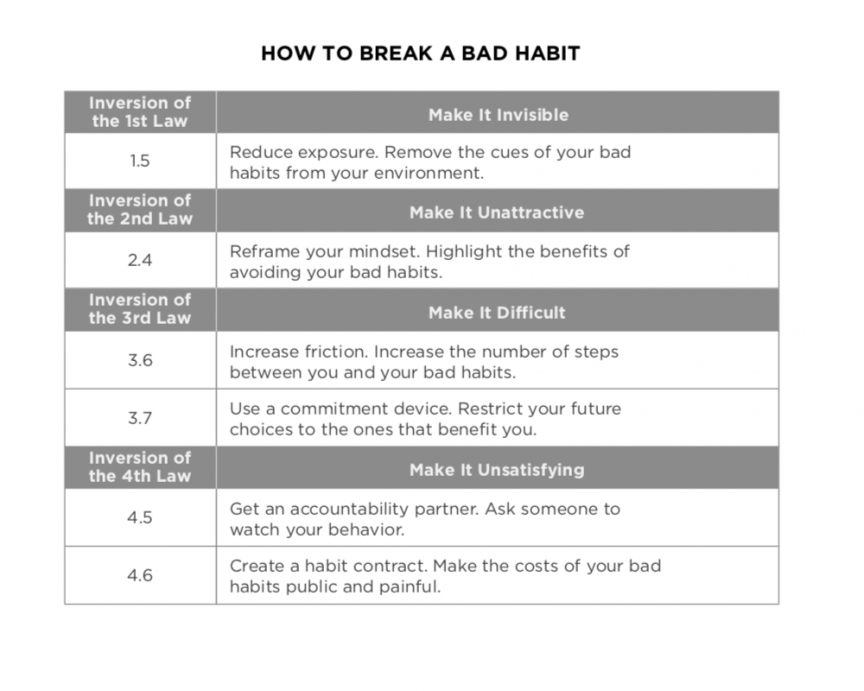

When it receives a reward, it is inclined to repeat the cycle, when it receives a consequence, not to. 4) It receives a reward or consequence for that action, either internally or externally. 2) It creates a craving to perform that action. 1) It receives a cue to perform a particular action. Human brains make decisions with a four-step process. Instead, focus on sustained systems of change. This means goals are at odds with long-term progress. 4) Goals aim for a specific accomplishment, not a sustained change. 3) You will inevitably not meet all your goals, so too much preoccupation with them can be mentally disastrous. 2) The achievement of a goal is only a momentary change, then you begin to want something else. When people focus on goals, they run into four problems: 1) Winners and losers often have the same goals, and so it's not a good indicator of why some win and some lose. Like interest that compounds, major changes to results are often brought about by many small changes that work together. Soon the team won Olympic gold medals and Tours de France. Changes like a change to the shape of bike seats, the application of alcohol to tires, or the transformation of the inside of their van white. Brailsford made small but consistent changes to the team's procedures. However, beginning in 2003, when it hired Dave Brailsford, its luck changed.

#Atomic habits summary pdf professional
Then, it gives practical advice for how those mechanisms can be leveraged and manipulated for a person to stick to the habits they want to keep and avoid the ones they want to abandon.įrom 1908 to 2003, the British professional cycling team performed notoriously poorly.

Atomic Habits explores the psychology behind habit formation and demonstrates the mechanisms in the human brain that cause us to create habits. Why is it so hard to form habits? Why is it so hard to break bad ones?Ītomic Habits by James Clear posits that the reason is that most people fail to understand what really makes a habit stick. But famously, most of these promises are soon broken. Every New Year, millions of people make promises to themselves that they will form new habits or break bad habits in the year to come.


 0 kommentar(er)
0 kommentar(er)
